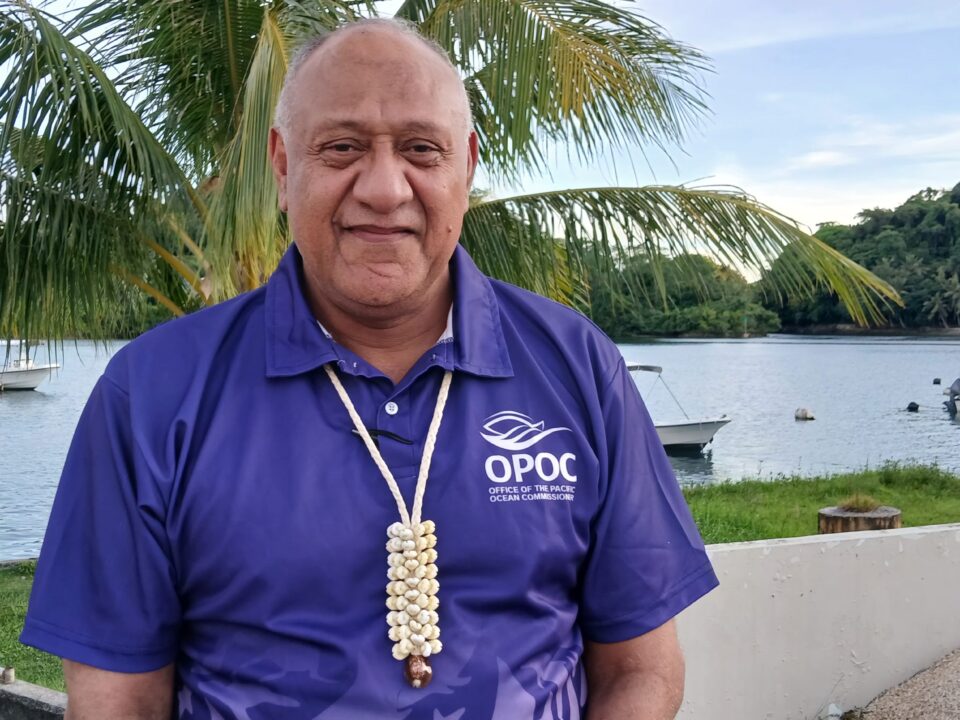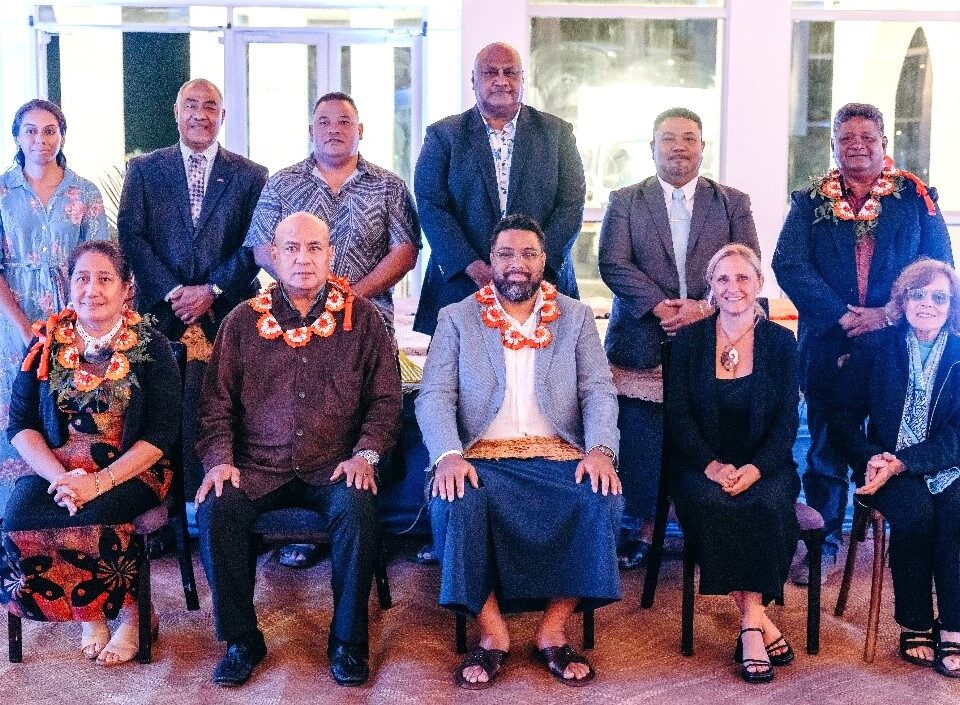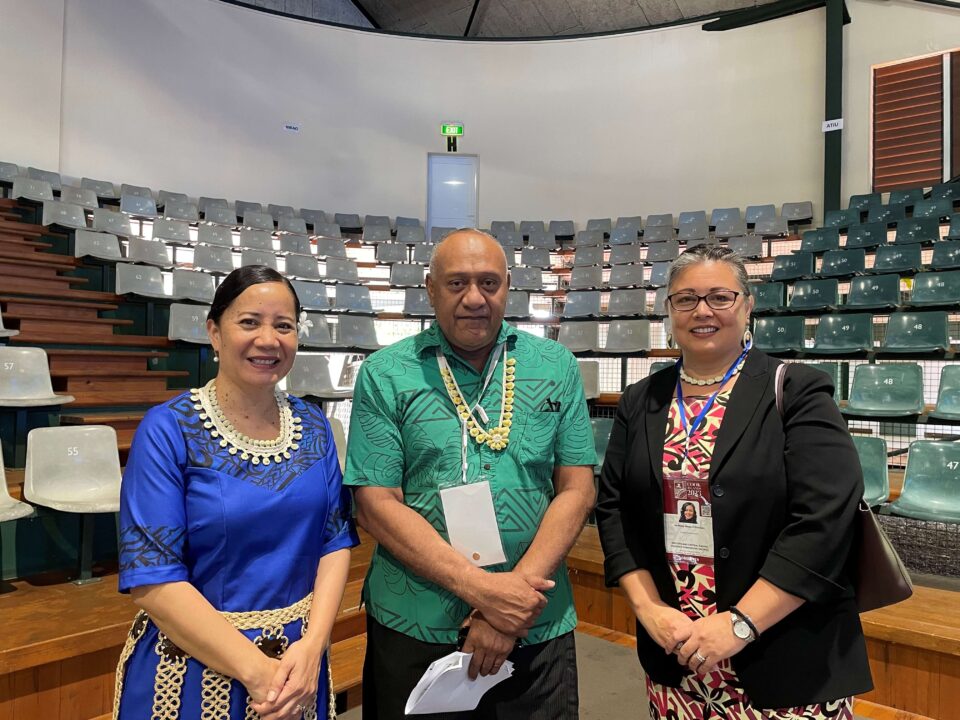
One of the influential observer groups at the high seas treaty negotiations, the High Seas Alliance, has urged States Parties to step-up their game and commit to action and higher ambition.
Delivering a strong statement during the informal working group on area based management tools (ABMTs) in marine protected areas, Greenpeace on behalf of the High Seas Alliance reminded negotiators that ‘word in the text hold power and hold the globe’s collective ambition and hope for a better future for ocean and future generation.’
Sofia Tsenikli of Greenpeace told PACNEWS the responsibility to save the world’s marine biodiversity rests with the BBNJ negotiators here in New York who are debating the text of a new treaty that will conserve and manage areas beyond national control of state authorities.
“The UN Biodiversity Report has made it clear that we are in the middle of a climate and biodiversity emergency. Around 1 million animal and plant species are threatened with extinction, including over a third of marine mammals and nearly a third of sharks.
“The existing fragmented governance regime is not fit for purpose. Relying upon existing frameworks is simply not enough to address the cumulative impacts of ever expanding human activities, fishing, mining, climate change and pollution. But it’s not too late to act, said Tsenikli, who spoke on behalf of the High Seas Alliance.
She said the group, which is supported by 40+ international non-governmental organisations (NGOs), supports wholeheartedly the Pacific Small Island Developing (PSIDS) call for the inclusion of traditional knowledge of indigenous peoples and communities in the new global treaty.
“We think we should definitely draw from traditional knowledge as source of information for proposal setting of areas based management tools for marine protected areas. We should also ensure the prior and informed consent of indigenous peoples are given when such measures are put forward that could impact the lives and livelihoods of people or overlap with traditional territories, Tsenikli told PACNEWS after her intervention.
She commended PSIDS negotiators, particularly the Federated States of Micronesia (FSM) for strongly asserting the interests of the Pacific’s traditional knowledge holders.
“In this case, we applaud countries like the Federated States of Micronesia on behalf of PSIDS that are putting forward suggestions in that regard and we are in full support of that.
Despite opposition from China that indigenous peoples and communities are not the only holders of traditional knowledge, FSM’s Martin Zvachula argued the provision in Article 13 and paragraph three must be maintained in the current zero text draft.
New Zealand also supported the PSIDS call for the current language to take into account the relevant traditional knowledge of indigenous peoples and communities.
The High Seas Alliance also supports PSIDS position to protect its fisheries resources in the proposed high seas treaty.
“As with the rest of other biodiversity in areas beyond national jurisdiction, we see and know that fish stock are dwindling due o over exploitation. We see this agreement being negotiated here as an opportunity to strengthen the conservation and sustainable use that will benefit the ocean as a whole and the fish population especially as marine protected areas are one of the strongest tools to allow the ocean to recover and fish population to recover from years of over exploitation. We see also areas around those protected areas are seeing the benefits of protection, said Tsenikli.
Negotiations are continuing through two levels – at informal working groups and at closed informal informal sessions, in the hope that State Parties will come to some consensus on the language of the draft treaty by Friday this week.
PACNEWS coverage of the BBNJ IGC 3 in New York is made possible with funding support from the New Zealand Government through the Office of the Pacific Ocean Commissioner (OPOC).
Published: PACNEWS



